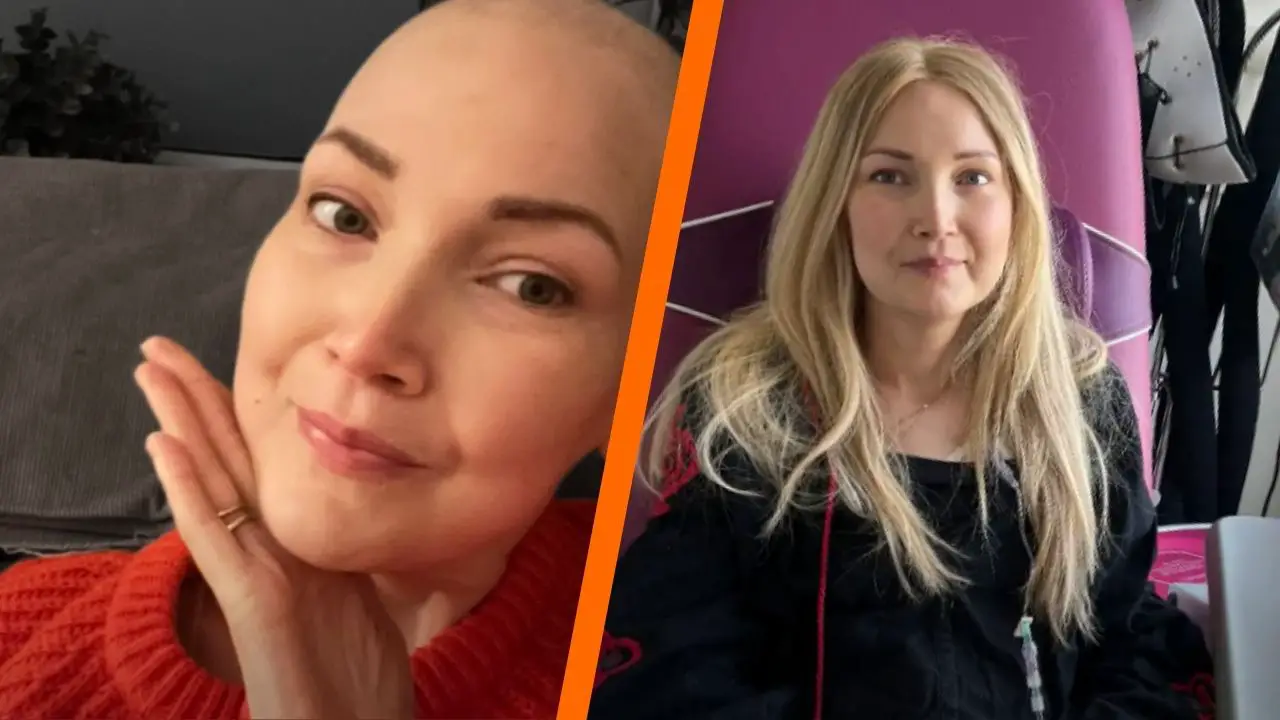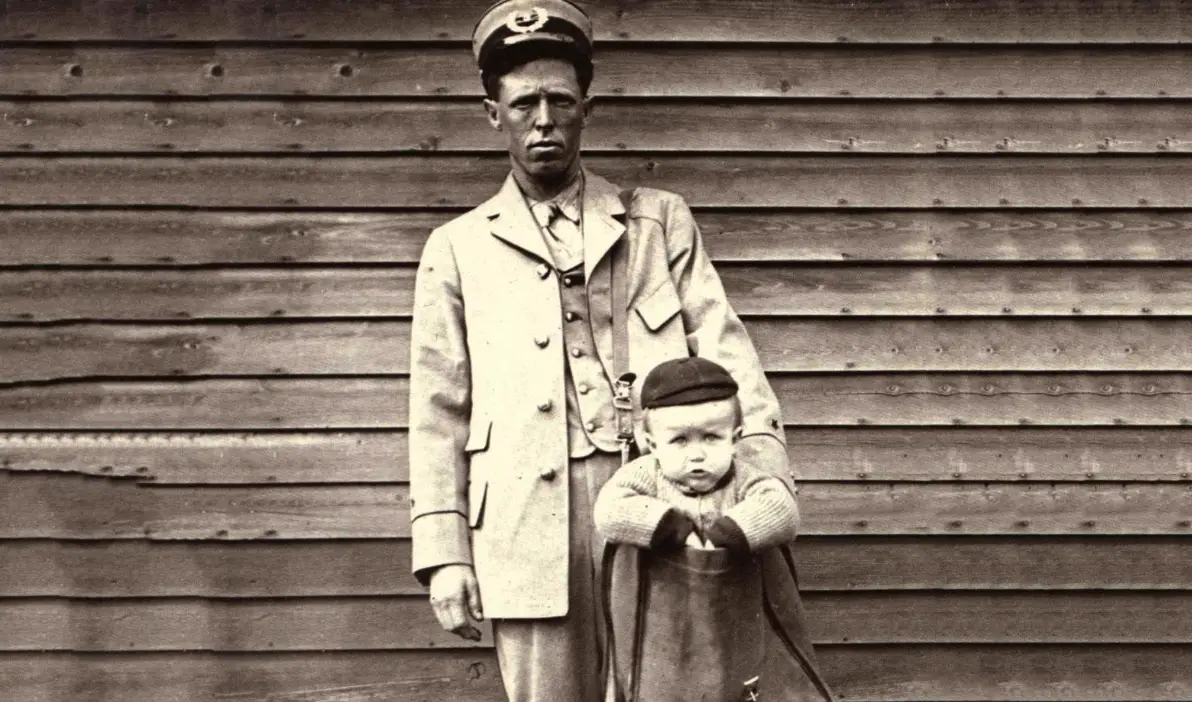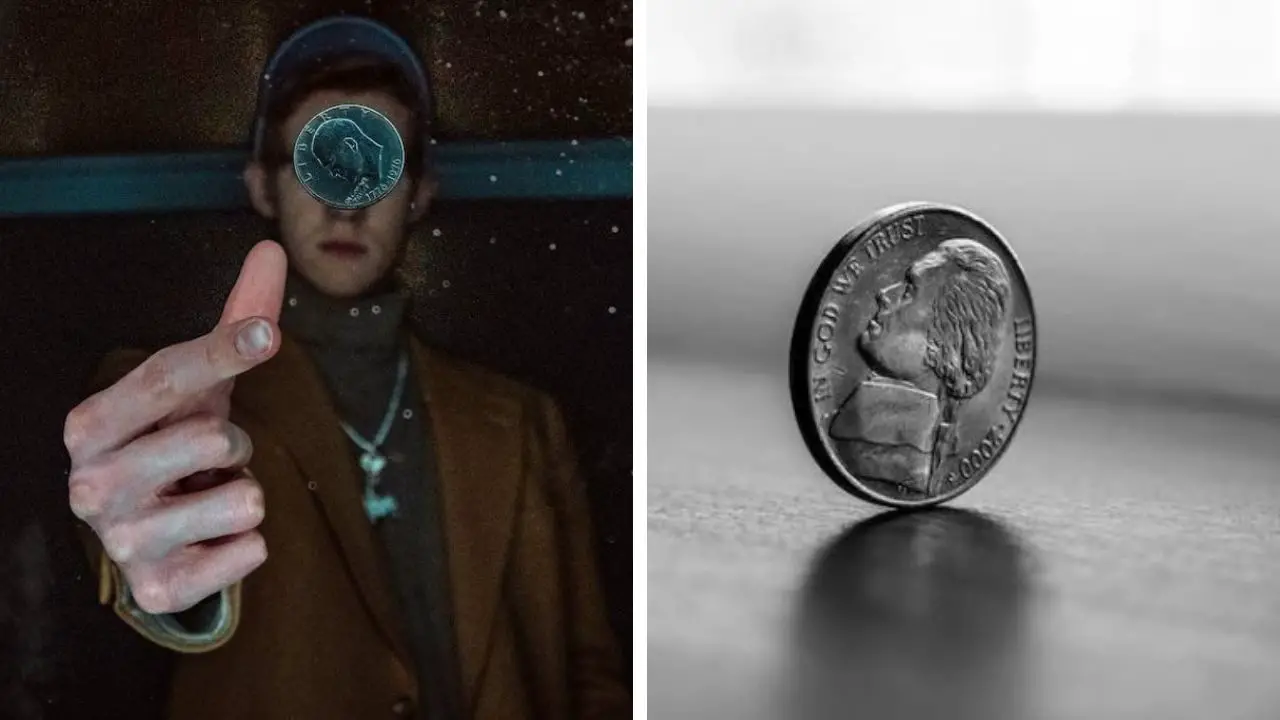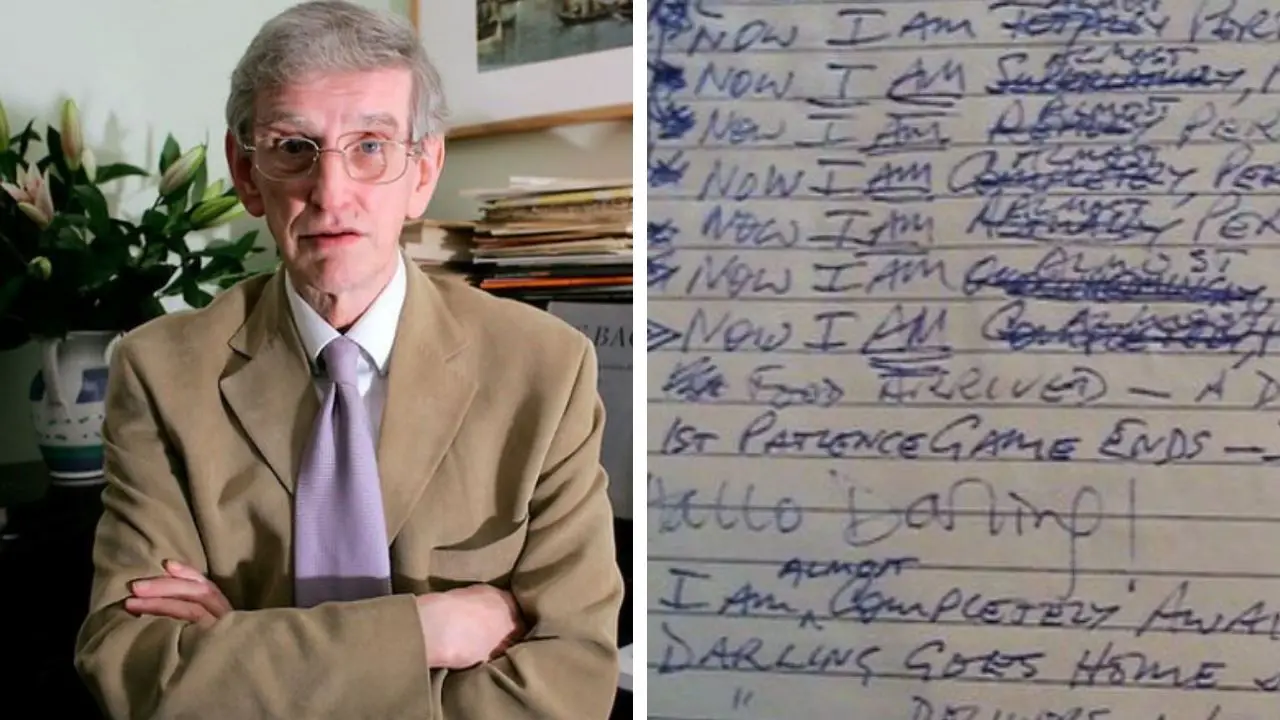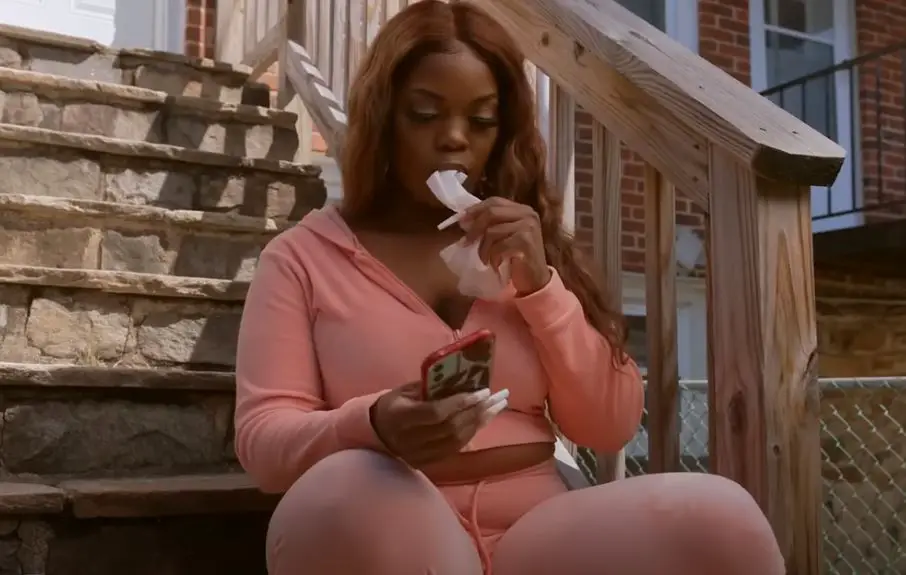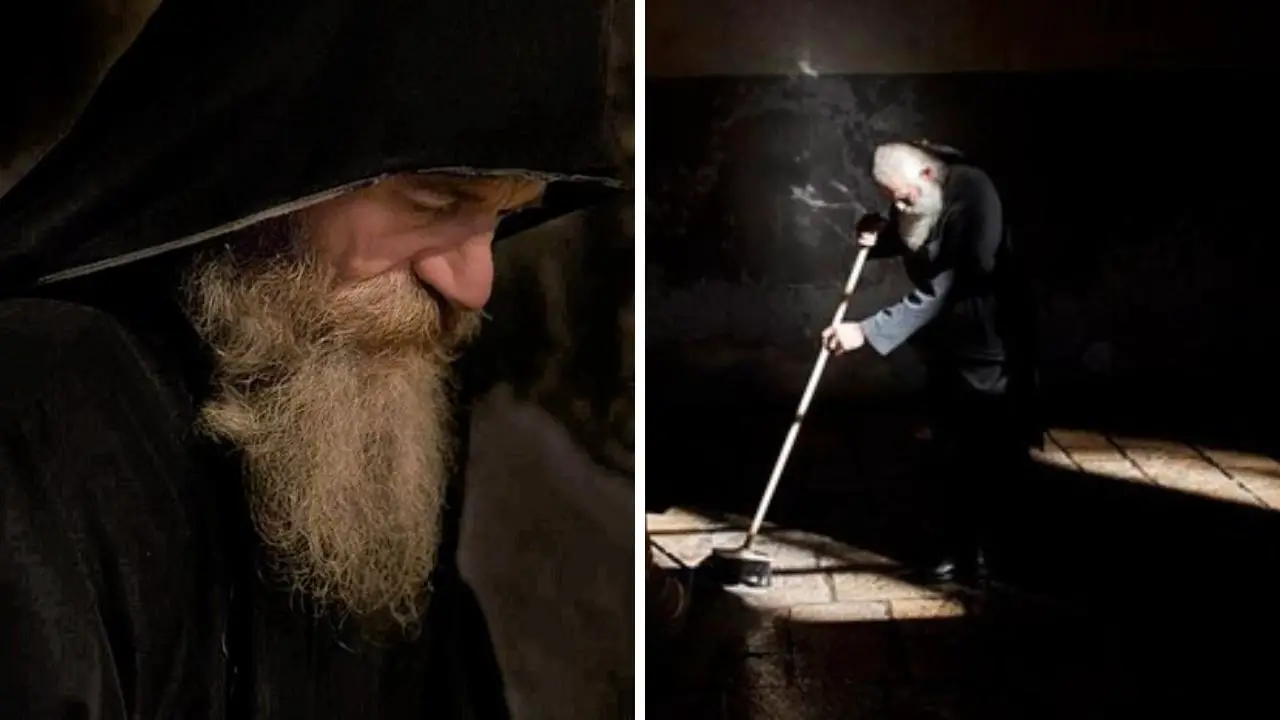Woman Makes More Than $600 a Month Renting Out One Side of Her Bed to Lonely Strangers
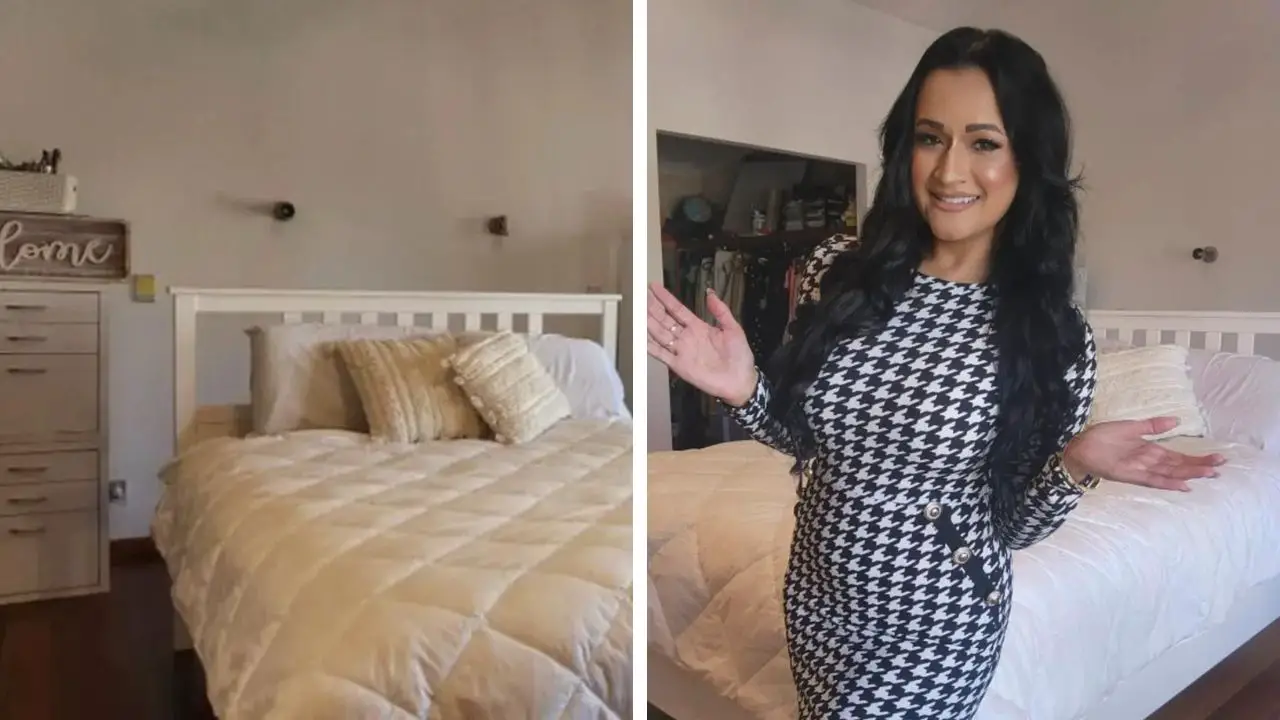
In the unpredictable landscape of post-pandemic life, people have been finding unique ways to adapt, innovate, and survive.
But for Monique Jeremiah, a 36-year-old entrepreneur from Queensland, Australia, her solution to the struggles of the global health crisis wasn’t just about reinventing a business. It was about reinventing her bed.
What started as a creative way to supplement her income quickly turned into an unexpected side hustle: renting out the empty side of her bed to strangers for a cool $600 a month.
While some may be surprised by her entrepreneurial spirit, others may simply nod and think, “Well, that’s one way to make a buck.”
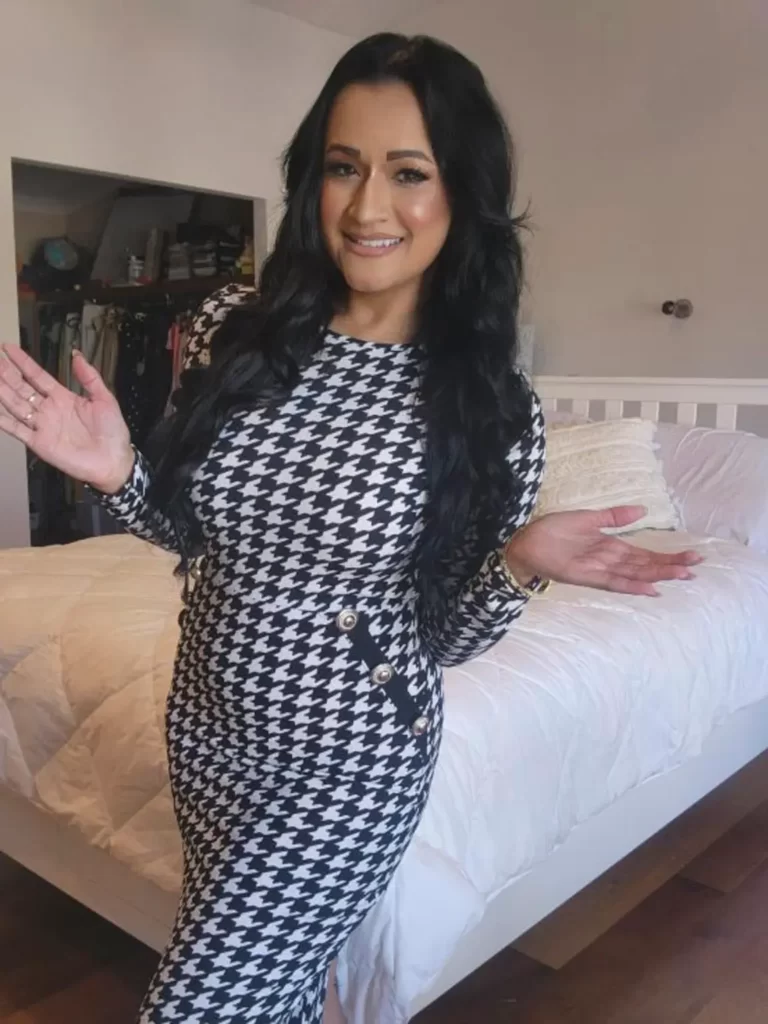
Her unconventional “hot bedding” venture, which has been gaining attention worldwide, comes with both its perks and its pitfalls.
Jeremiah, who runs Diversity Models, a talent agency that specializes in curvy, cultural, and mature-aged models, launched the business during the early days of the pandemic, when many industries came to a grinding halt.
“The world changed so quickly, and with it, everything in my life did too. My thriving business, which was focused on international education and student accommodations, crumbled almost overnight,” she explains.
“I suddenly found myself single and stuck at home, my teaching career felt irrelevant, and I was desperate to find a way to survive—both financially and emotionally.”
While others during lockdown turned to more conventional means of coping—think sourdough bread or online cooking classes—Jeremiah turned to her bed.
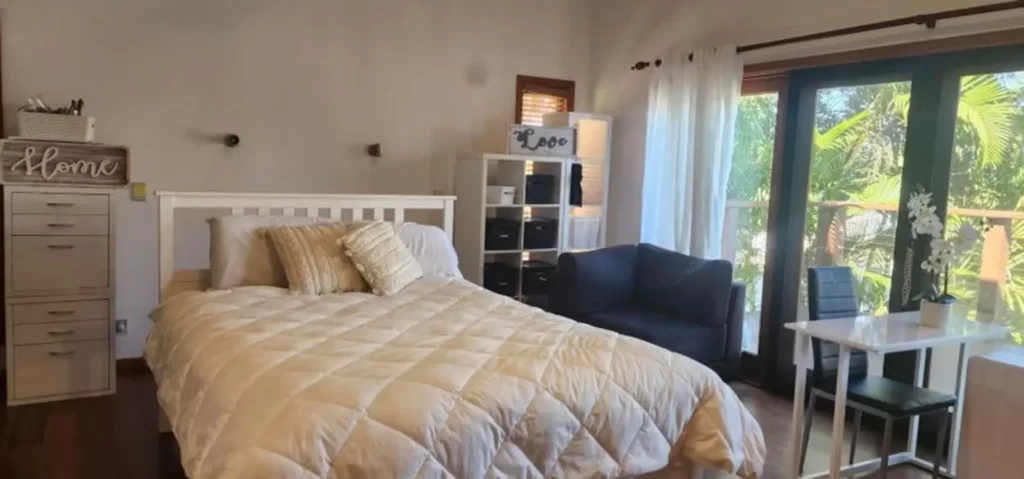
Yes, you read that right. “Hot bedding,” as it’s now known, involves renting out the unoccupied side of your bed to strangers looking for companionship, or simply someone to sleep next to.
It’s a practice that, although not widely known, has gained a bit of attention thanks to viral videos like the one from Jeremiah that racked up over 760,000 views on TikTok.
In her TikTok post, Jeremiah is candid about the potential benefits, as well as the risks, of hot bedding.
For those who can detach emotionally and are comfortable with the idea of sharing a bed in a completely non-romantic, non-committed way, hot bedding can be incredibly lucrative.
“It’s like sharing a hotel room with someone you don’t know,” she says.
“But instead of two separate beds, you’re sharing a single bed. It takes two people who respect each other’s space, values, and boundaries. If you’re okay with that, it’s actually a pretty great situation.”
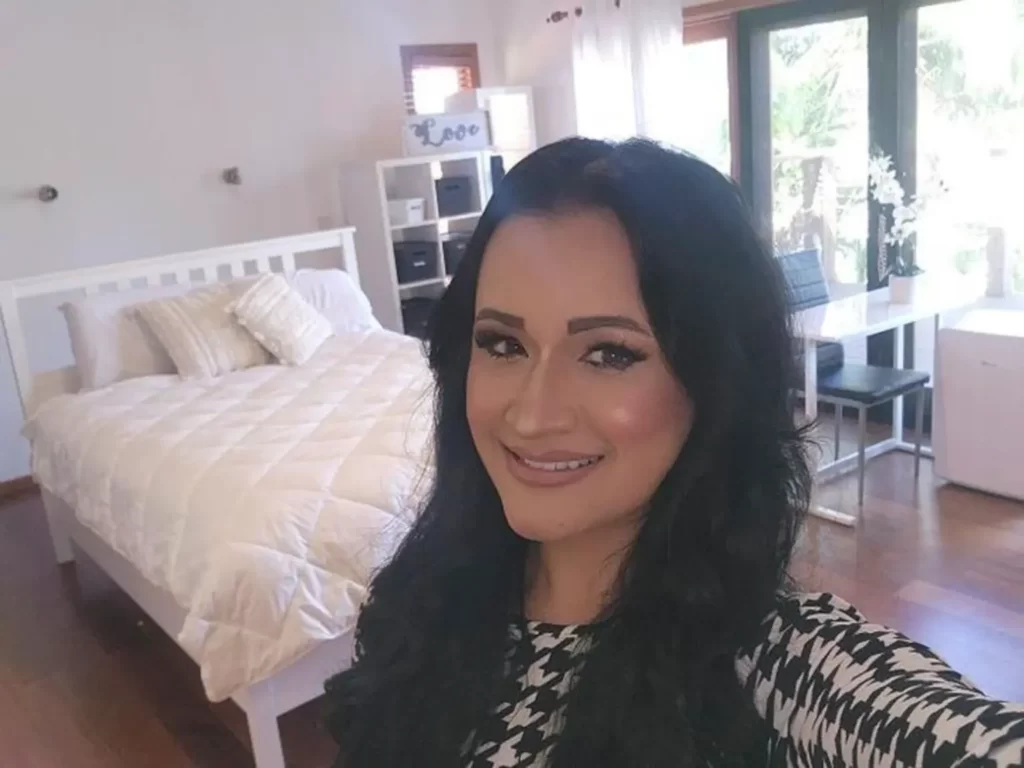
Jeremiah is clear that hot bedding isn’t for everyone.
“You need to make sure there’s enough space in the room for both people to feel comfortable,” she explains.
“A large bed is essential—if you’re cramped up with someone, it’s not going to work. And both people need to be okay with the idea of sharing a bed with no strings attached.”
Despite the unique nature of the practice, Jeremiah sees it as a perfect fit for people like herself—those who don’t necessarily crave physical intimacy, but prefer the emotional connection of having someone there.
“I’m a sapiosexual,” she confesses, “which means I’m more attracted to intelligence and companionship than physical attraction.”
“I’m an entrepreneur, and that journey can be incredibly lonely. So why sleep alone when you can sleep next to someone who shares your values, your drive, and your discipline, while also making money in your sleep?”
Her first step into the world of hot bedding came when she decided to call her ex-partner, someone she hadn’t spoken to in over a year.
“My life was literally imploding, and I had no choice but to think outside the box,” she recalls.
“I reached out to my ex and said, ‘Hey, do you want to survive this together?’ To my surprise, he said yes.”
The two ended up sharing the bed for a brief period as a way to get through the rough patch of lockdown.
It worked. And not only did it provide some much-needed companionship, but it also allowed her to bring in additional income.

Jeremiah, however, isn’t naive about the implications of such an arrangement.
She insists that both parties need to be crystal clear about their boundaries and understand that the arrangement is strictly platonic.
“There are people who think this is weird or inappropriate, and I get that. It’s not something I’d want to do with just anyone.”
“But when you trust the person, and the boundaries are clear, it can actually work pretty well.”
In terms of business, Jeremiah’s hot bedding venture has paid off.
She charges clients just over $160 a week, or roughly $640 a month, to sleep on the empty side of her bed.

She even plans to increase the price when her ex returns to share the bed once more.
“The cost of living has gone up here in Australia, and I feel like my room is still a beautiful, luxurious space—it’s practically the size of a five-star hotel suite,” she laughs.
And while some may still find the concept bizarre, Jeremiah is unapologetic.
“I’m living the dream. Why not sleep with someone, make a little money, and still have the companionship I crave?”
“Plus, the income helps take the edge off, especially when you’re running a business in a highly competitive market.”
Watch: 12 Weird Businesses That Make Big Profits
The trend of hot bedding isn’t without its critics. Some argue that it raises concerns about safety, emotional health, and boundaries.
But for those who are open-minded or just looking for a way to make extra cash, the idea may seem like an intriguing and even practical solution.
In a world where the traditional 9-to-5 job is increasingly being challenged by alternative work arrangements and gigs, the idea of monetizing personal space—especially something as intimate as a bed—raises all sorts of questions.
Is this just a quirky trend, or does it signify something more profound about changing attitudes toward privacy, intimacy, and what people are willing to share in exchange for companionship or financial benefit?
The conversation around hot bedding is still in its infancy.
Although it hasn’t hit the mainstream like other “hot” trends—such as tiny homes or van life—it’s definitely gaining traction among a niche group of people.
In a world that’s become increasingly isolated, the idea of sharing a bed with a stranger could be more than just a financial decision.
It could be part of a larger shift in how we think about our personal spaces, relationships, and how we derive comfort and connection in an increasingly disconnected world.
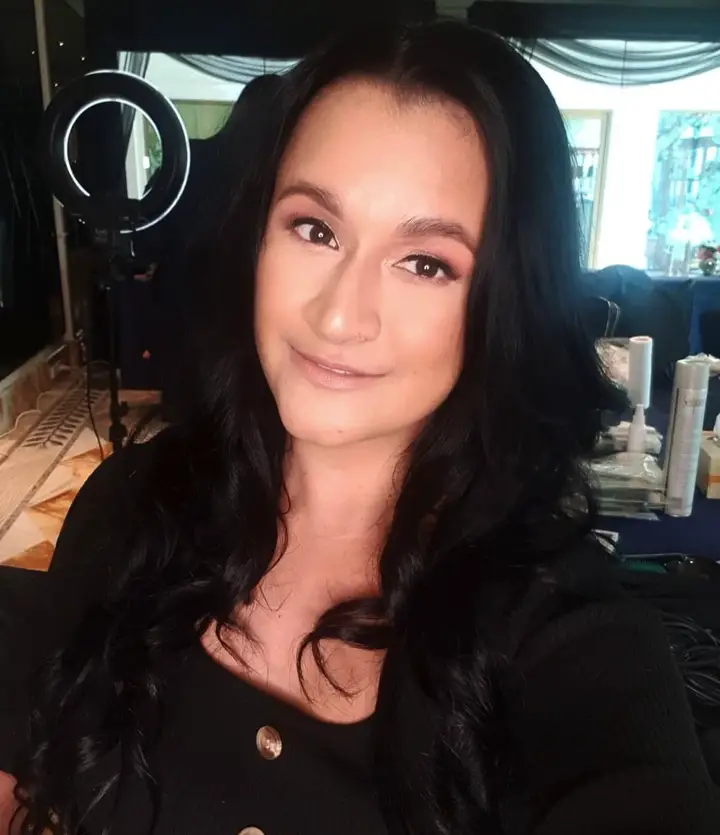
Jeremiah acknowledges that while hot bedding isn’t something that everyone would be comfortable with, she feels that for the right person, it’s a perfect fit.
“It’s passive income, it’s companionship, and it’s something I get to control,” she says. “Not everyone would be into it, but for me, it’s been a game changer.”
It’s clear that for Monique Jeremiah, what started as a simple solution to a financial crunch has blossomed into a personal philosophy.
As she continues to sleep with strangers and watch the dollars roll in, she remains unfazed by the judgment of others.
After all, she’s not just making money—she’s making connections in the most unexpected of ways.













